There’s about a foot of snow on the ground, and I was walking around for about a week and I didn’t have anywhere to go.
Always wondering, you know, am I going to get attacked? Am I going to get beaten? Am I going to get stabbed? Am I going to get robbed for what little money I have?
Narrator: Homelessness is an issue in many communities. On one night in January of 2017, the Department of Housing and Urban Development counted more than 40,000 homeless veterans around the country. Of those, 15,000 were living on the streets. For each of the veterans, the circumstances which led to their homelessness are unique.
After nine-and-a-half years in the Army, I tried to start over at 29. It was really hard to get a decent paying job. I had no job skills. My job gives me a lot of skills that are invaluable in the military. They’re dang near useless in civilian world, and that’s the problem I think a lot of vets suffer from.
When I was discharged, I…
I floundered. And I, I don’t know. I went into a little bit of a funk. So, I moved around from here to there.
There’s no one reason that someone becomes homeless. There’s no one right way to help people recover from it. And that’s what’s unique about our program is it’s tailor-made to what their needs are.
Narrator: The mission of Veterans Outreach of Wisconsin is to meet the unique needs of homeless veterans. In 2017, the non-profit set out to make a difference in their community, even though those results could be called “tiny.”
This is my little space. I really enjoy it. It was very comfortable. It’s just enough space for me.
Narrator: The James A. Patterson Veteran Village is a collection of 15 small, private residences providing shelter for homeless veterans.
My oldest son is a combat veteran, and kind of the way I look at it is I can’t imagine him serving the way he did and ending up being homeless. And I can’t imagine somebody else’s son or daughter being homeless after doing that on my behalf. There was a need that was there that me and a couple friends tried to address. We started out by giving formerly homeless veterans furniture for their new homes. And just by listening to what else what needed, this is what we’ve grown into. The community that believes in what we’re doing and why we’re doing it is what built what you see here today.
In the village, we have 15 homes. You can kind of think of the home as a bedroom. So, the home has their bed, their television, refrigerator, Keurig machine, microwave.
Narrator: Veterans Outreach of Wisconsin includes more than just this neighborhood of tiny houses. An essential component for meeting the needs of the veterans is the SC Johnson Community Center. A place for meals, showers, classes, and connections.
The biggest problem with veterans when they come home is they tend to want to isolate. So by creating their bedroom out there, and the rest of their home in here, they have to come in. They have to come in and they have to talk to each other.
They don’t just give you a place to stay. They really focus hard on helping you find jobs, on using any veteran benefits you have and they work with volunteers. They work as hard as they can to help you through this.
We have their financial classes that they’re required to attend. And their community, the community meeting, once a week. We do have the PTSD and the AODA, as well as the AA classes and things like that.
It’s all about getting on your feet and getting your own. Not just sitting here and becoming comfortable. This is not the place to be comfortable.
We actually have a chore list hanging up. It’s kind of getting them used to doing that. Taking care of their home. Taking care of their space. We also have a community dog on-site, Freedom, that they take care of, take out, feed. So, everybody has to work together.
We’re completely different than a shelter because we’re a recovery program and it’s a setting that works for them.
They’re here with their peers. They lean on each other, you know, when they’re having bad days, or when they’re struggling. And just by watching them all grow while they’re here has been rewarding in itself and you can see the progress that they make almost daily.
I’m working. I’m making my meetings. I’m paying my bills. So, it’s a totally different experience for me because I’ve never done these things.
We measure success by the veterans that make it through our program and do not become homeless again. That is the only way to measure our success.
They walked me down here and they took me to this tiny, little house. They open it up and he says it’s basically mine and it’s got a bed. Not a sleeping bag anymore. Not a cold park bench. A bed. And privacy. And after months of sleeping on my side, sleeping like I did in Iraq, and I see this kitchen, I see a fridge full of food. Like food I can make and cook, not just canned food I hold on my backpack. And they were all just happy to help me. You know, and I was like, “Yeah, I think I need to stay here.”
I’ve been in a few different programs, but I’ve never seen anything quite like this. Like Veterans Outreach of Wisconsin. It’s a lighthouse. It’s like a beacon of hope [chuckles] in a sea of darkness.

 Passport
Passport




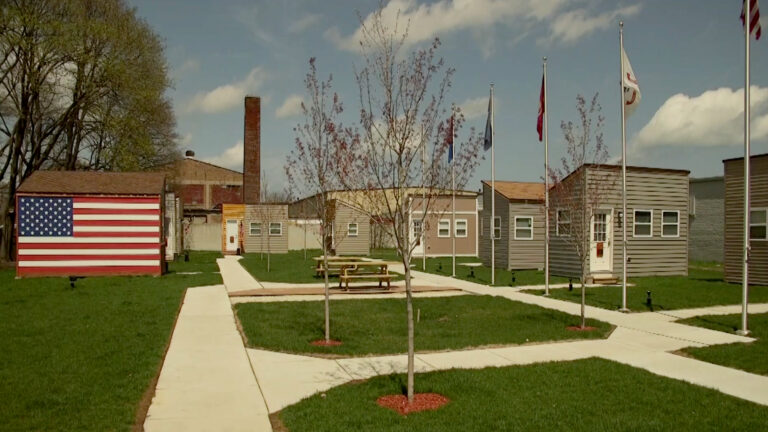

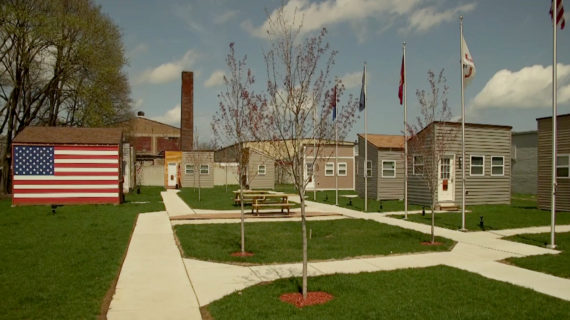
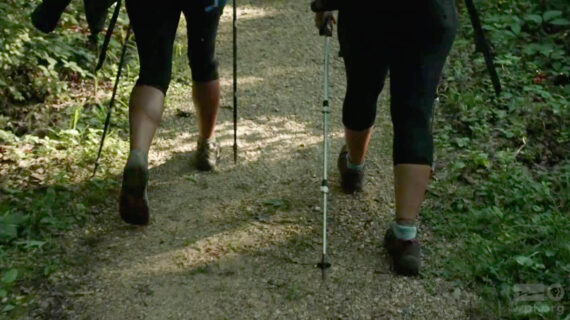
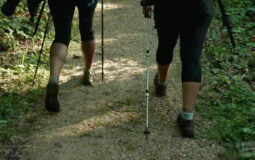
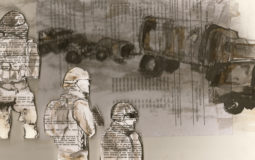
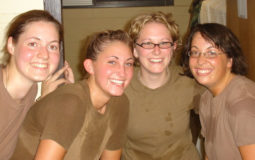

Follow Us